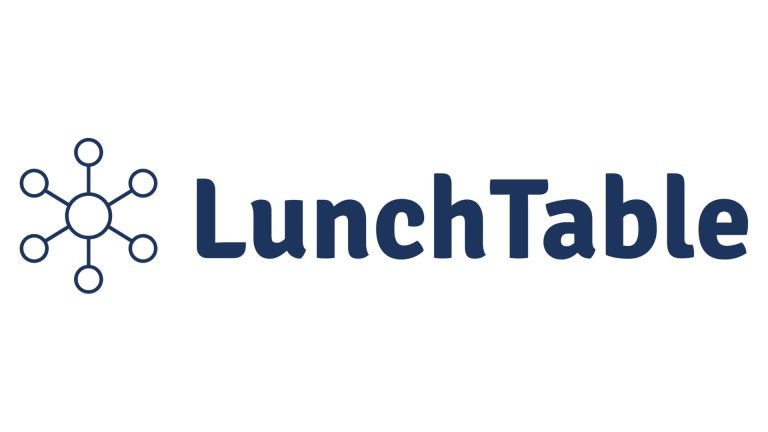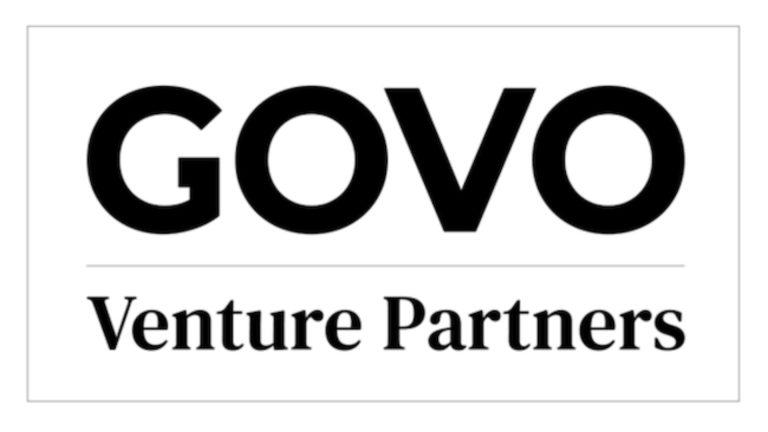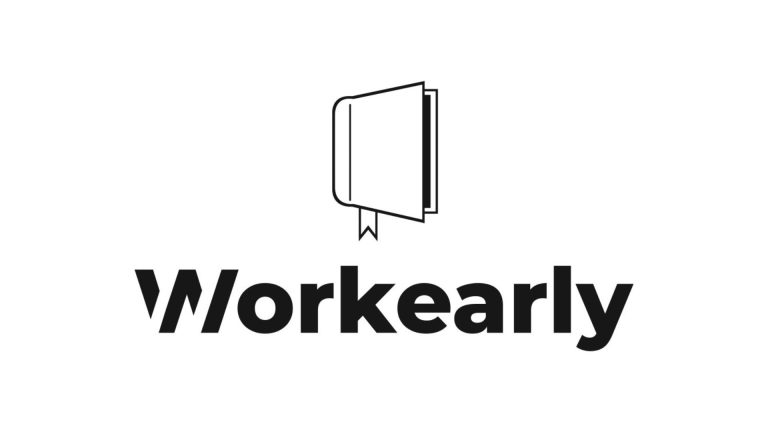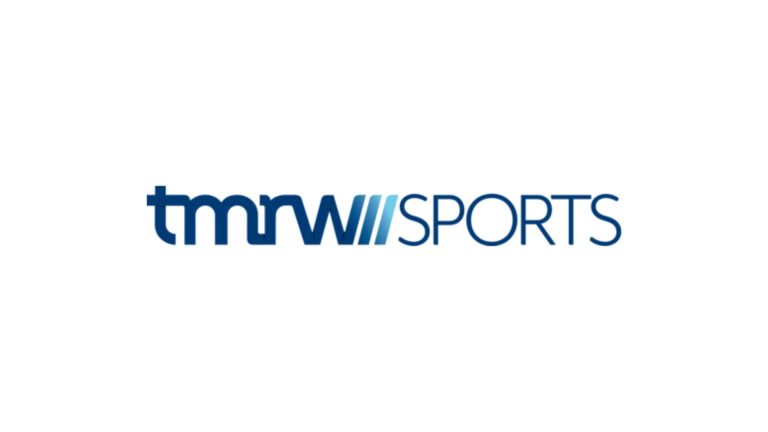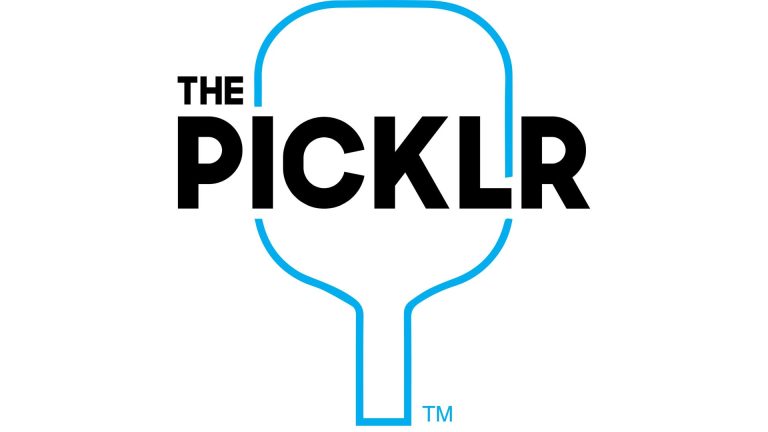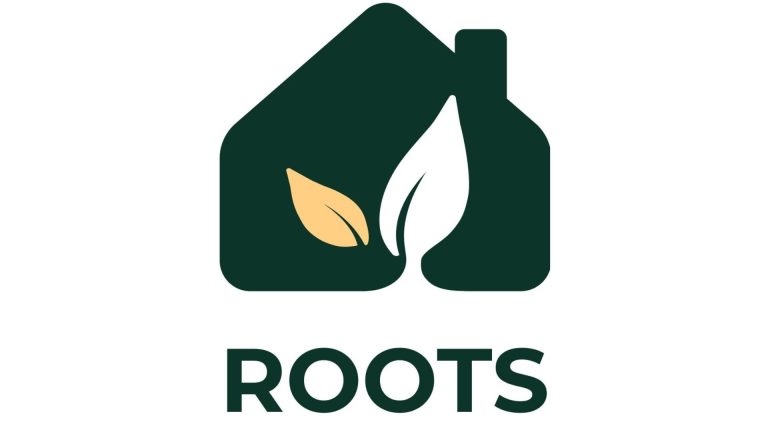Soul Padel’s founder Mark Hewlett has shared with HCM that the company is on the verge of attaining seed investment status through the UK government’s HMRC Seed Enterprise Investment Scheme (SEIS), facilitated by Sam Simpson from Founder Catalyst. This status will offer investors significant tax incentives to encourage investment and fuel growth.
The SEIS program allows for a 50% tax relief on investments up to £100,000, with an increased limit to £200,000 for shares issued after April 6, 2023, and offers Capital Gains Tax exemption on profits from SEIS shares held for over three years. Additionally, Soul Padel has welcomed Ben Davies, a former GB hockey player and the founder of Hinde Capital, as a non-executive director to bolster business investment and expansion efforts.
 The company is setting its sights on launching several indoor padel facilities, including a center of excellence, to cater to the sport’s increasing popularity. Plans are also in motion to establish community padel hubs throughout the north-west of England.
The company is setting its sights on launching several indoor padel facilities, including a center of excellence, to cater to the sport’s increasing popularity. Plans are also in motion to establish community padel hubs throughout the north-west of England.
Founded in December 2023, Hewlett aims to collaborate with owners of health, fitness, and sports facilities for joint ventures or independent development of padel facilities. This strategy follows the sport’s adoption in the US by major health and fitness operators and in the UK by clubs like David Lloyd, despite some planning permission challenges.
A report by Deloitte and Playtomic projects the padel industry to be valued at €2bn by 2026, with the global count of padel courts expected to double from 40,000 to 85,000. The UK padel market has seen rapid growth, doubling its number of courts to about 400 in a year and hosting over 90,000 players, under the governance of the Lawn Tennis Association.
Soul Padel also announced a partnership with Spanish padel court manufacturer, Padel 1969, signaling an opportune moment for investment in one of the world’s fastest-growing sports. The company’s pursuit of SEIS status underlines its commitment to becoming a significant player in the competitive socializing and sports sector.
SEIS data reveals that in the tax year 2021-2022, 2,270 companies raised £205 million, marking the highest fundraising since the scheme’s inception. The majority of these investments were over £50,000, with businesses in recreation, arts, and entertainment making up about 5% of the total funds invested. The largest share of investments was concentrated in London and the south-east, with the north-west accounting for less than 10%.




